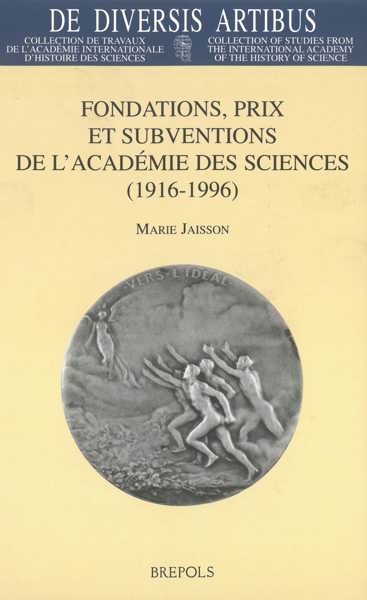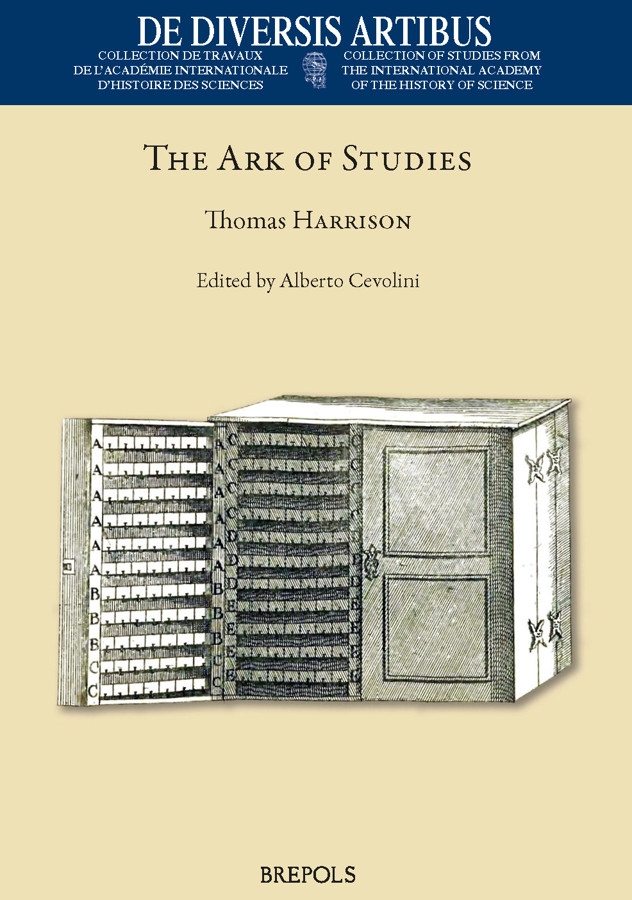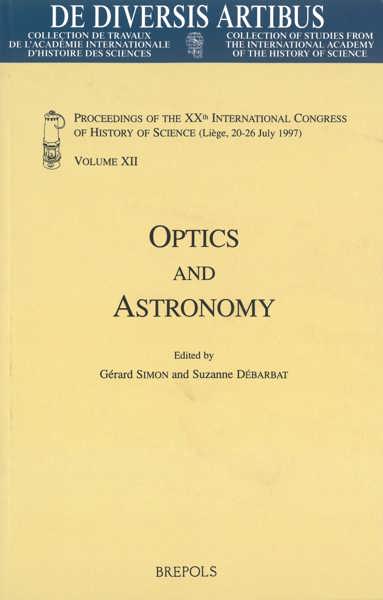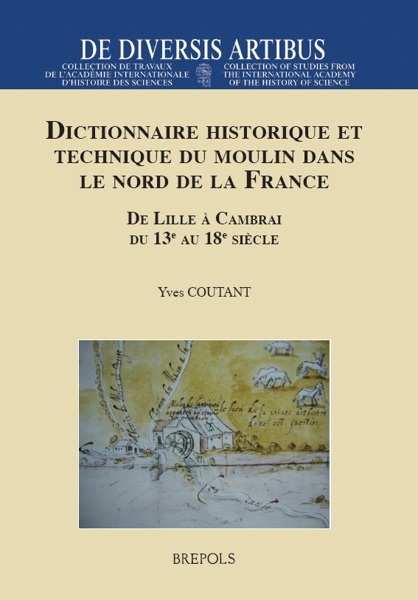
- Pages: 142 p.
- Size:156 x 234 mm
- Illustrations:7 b/w
- Language(s):English, Latin
- Publication Year:2018
- € 65,00 EXCL. VAT RETAIL PRICE
- ISBN: 978-2-503-57523-0
- Hardback
- Available
The first search engine of modern age
“Der Herausgeber hat hier eine äußerst anregende Einordnung des von ihm in hervorragender Weise präsentierten wichtigen Textes vorgenommen. Ihm ist zu einem wirklich sehr gut geglückten kleinen Schmuckstück der Gelehrsamkeit zu gratulieren.” (Markus Friedrich, in Zeitschrift für Historische Forschung, 45/4, 2018, p. 858)
“Cevolini’s richly documented introduction to this volume is an important contribution to the growing scholarship on the ways in which knowledge and information were managed in early modern Europe.” (Richard Yeo, in Berichte zur Wissenschaftsgeschichte, 43/2, 2020, p. 296)
Dr. Alberto Cevolini is Assistant Professor at the University of Modena and Reggio Emilia. He was visiting scholar in several German universities and fellow of the Alexander von Humboldt Foundation at the University of Constance (2010/12). He has recently edited the volume Forgetting Machines. Knowledge Management Evolution in Early Modern Europe (Leiden/Boston, 2016).
Knowledge management and production is performed today by means of search engines. This implies the use of machines as external memories. Computer is the most successful device in this regard. However, it is neither the first nor the only one. The use of secondary memories is an essential feature of modern age, and involves archives and filing cabinets too. The present book is the first critical edition of the manuscript in which Thomas Harrison sketched an extraordinary invention: the Ark of Studies (ca. 1640). The Ark of Studies is the first filing cabinet based on alphabetically arranged removable entries that has been designed for scholarly purposes in the 17th Century. With respect to its structure and function, this filing cabinet may be regarded as the most relevant scholarly machine in the modern age before the invention of the Web. The introductory essay tries to explain how it was possible that a high improbable deviation – that is, to entrust memorable knowledge to a machine rather than to consciousness, out of which it could be retrieved only by means of a combinatory art – became normal.
Manuscripts Sources
Editorial Notes
List of Figures and Tables
Acknowledgments
‘A Universal Index upon all Authors’: Thomas Harrison’s Ark of Studies and the Evolution of Social Memory
Alberto Cevolini
1. De Scrinio Litterato / The Scholarly Chest
Vincent Placcius
2. Arca Studiorum / The Ark of Studies
Thomas Harrison
3. De Scrinio Litterato Emendato / The Scholarly Chest Amended and Improved
Vincent Placcius
Bibliography
Index




